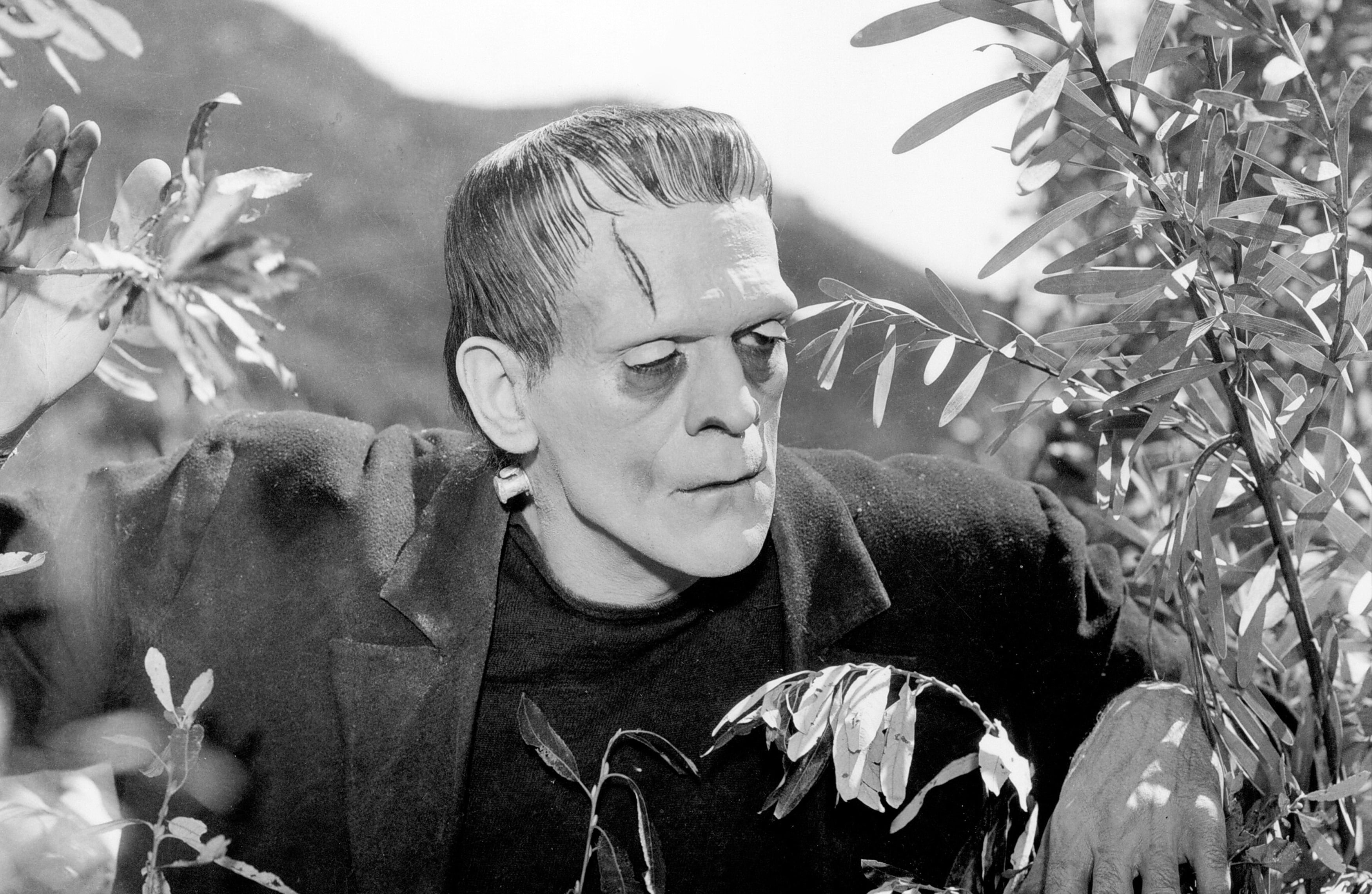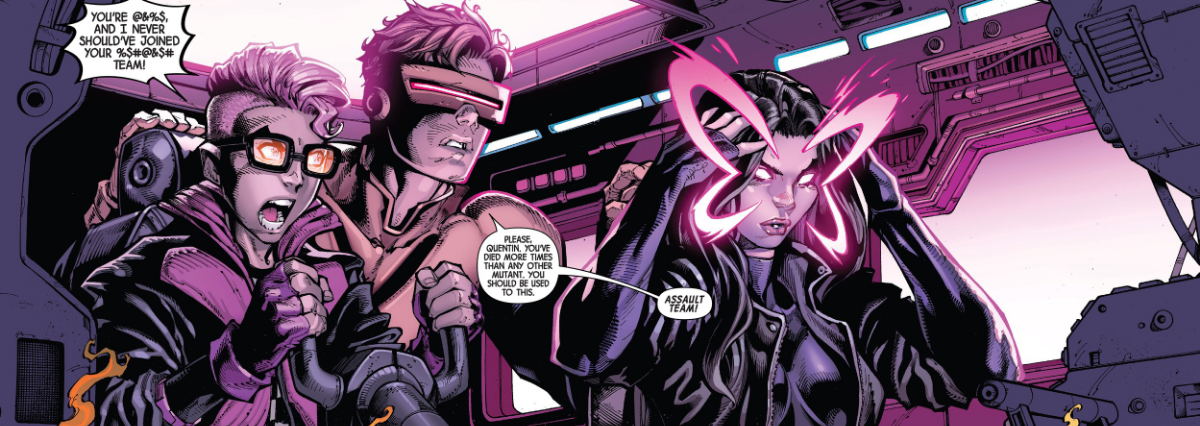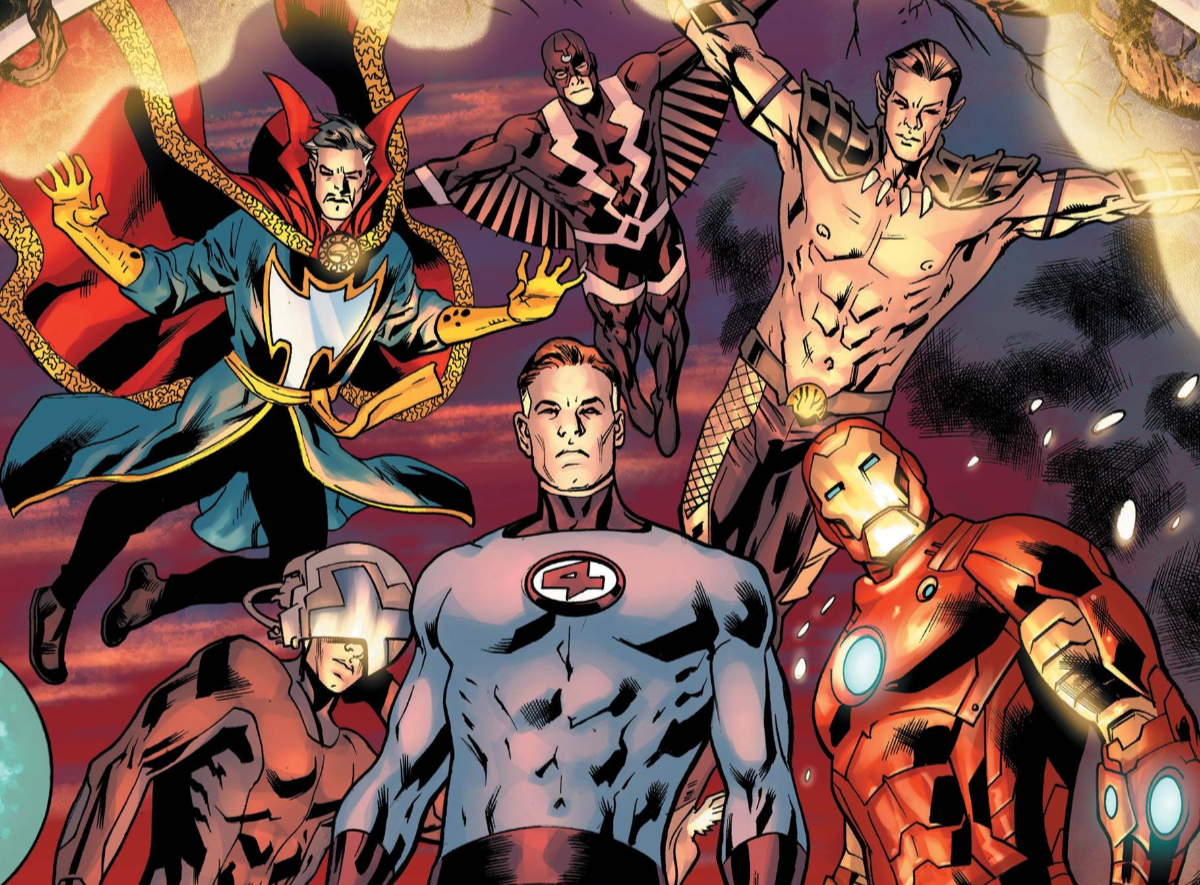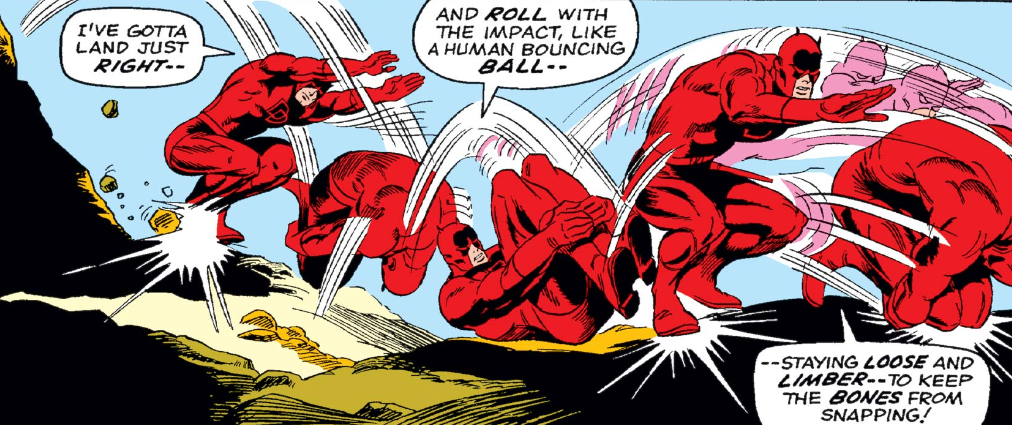Frankenstein is a Fragile Loser
Classically Trained

Introduction
“Frankenstein is the scientist. You mean Frankenstein’s monster.” Quotes similar to this, differentiating the name-sharing duo, are so common they are almost cliche. Truthfully, I was unprepared for the statement's implications before reading Mary Shelley’s groundbreaking novel. After closing the book, the phrase above was at the top of my mind and I considered its veracity. However, the thought was quickly supplanted with another even more basic question. What makes a monster?
It is a generic question, but vital to grappling with the narrative, and one that Shelley seems openly determined to pose. Interestingly, and arguably, the answer from the novel contrasts with some popular depictions, including 1931’s Frankenstein. Later adaptations focus intensely on the horror of a man created piecemeal from corpses, and the perils of unchecked scientific progress. Whereas this is certainly a significant portion of the original novel, Frankenstein; or The Modern Prometheus is more concerned with the monsters that can come from within almost anyone, and the dire circumstances that draw them forth.
Creation Myths
There is little question about some of the comparisons Shelley is making, with Prometheus being right in the title, and Paradise Lost is even read within the pages of the novel. The three stories revolve around the creation of life and the consequences of bestowing agency.
The gods punish Prometheus for giving the humans the fire, but the half-human hero, Hercules, rescues him from his punishment. Victor Frankenstein gives his creation nothing and then less than nothing. In a near opposite fashion, the spark the scientist lights results in flames that engulf him rather than liberate him.
A Slow Start
The novel builds slowly, establishing multiple layers of narrative with the northern explorer and then quickly pivoting into the tales of Victor Frankenstein. In an effort to be thorough and accurate, the scientist gives a background on his educational history. This small but not insignificant portion of the novel primarily establishes the character of Frankenstein, but it does more than that.
The small-town backward guy gets a chance to go to the big-city college, and there, he learns just how stuck in the past his beliefs are. While he has outdated and debunked science rattling in his head, Victor is still an academic prodigy of sorts. Impressing a few professors, he gains mentors and friendships in his journey to correct and expand his views of the world. He is given a support structure, the likes of which his monster will never obtain.
The Short-Sighted Man of Tomorrow
Victor's presentation is not initially that of a deranged, overambitious scientific pioneer. In fact, he starts off his studies on the back foot after ingesting loads of outdated text due to a lack of academic guidance in his youth. He is able to catch up and surpass his peers thanks to the support and resources afforded to him, but also through his own single-minded determination.
For a while, Victor’s goal seems to be academic excellence and the search for truth, and he excels at both. Between his professors, friends, and presumed future wife at home, the whole picture for the burgeoning scientist is cheerier than might be expected. He doesn’t take most of this into account, though, and instead becomes consumed with finding success and contentment within his scientific work.
Victor is susceptible to a pattern of being swept by waves of intense, constant action, followed by emotional and physical crashes, resulting in months of a bedridden, feverish existence. The creation of his monster is the product of one of the first instances of the behavior.
Unlike his 1931 film counterpart, Victor does not contemplate the scenario where he succeeds at his experiments and immediately regrets performing them upon his inevitable completion. No jubilant exclamation proclaims that the monster is ALIVE, and there is certainly no thought given to raising and fostering the creation. Sparking life in the monster happens in half a page with little fanfare, and Victor turns completely against his creation in that time. There is a resounding sense that the scientist never took even a second to consider the consequences of his actions. Instead, he pursued an instinctual desire without regard for anything but himself.
Victor continues to show a flaw in not being perceptive and aware of the world outside his immediate machinations. When his younger brother is presumed murdered, Victor displays a blatant misunderstanding of human nature and compassion. The community believes that the Frankenstein’s family friend Justine killed the young boy, while the Frankenstein’s don’t all necessarily agree. Victor is convinced that the death was the work of his monster and laments that fact as causing him greater grief than those around him.
The assertion falls on its face with any scrutiny. From Victor’s perspective, he has closure in the sense that he knows who committed the crime, and while he is riddled with guilt, it is well-earned. After deserting the monster, Victor describes a weight and the eerie sense that his abandoned creation is just around the corner. In some sense, this is a recognition of his recklessness and the responsibilities he shirked. His actions resulted in the horrors that come to his family, and he knows this but doesn’t enlighten the others. They are deceived and distraught and wrongfully lose Justine to capital punishment. The idea that Victor somehow carries the extra weight in this scenario is a farce and exists wholly inside his mind. His self-pity is brutally constant throughout the novel despite nearly every tragic incident being rooted in his own choices.
Nature vs Nurture
The apparent dichotomy at the base of the separation between Frankenstein and the monster is that of nature versus nurture in terms of human development. Victor has a brooding, somewhat prickly personality but finds success and acclaim nonetheless. On the other hand, the monster deeply understands his own complicated psyche, including his wants and goals.
The monster painstakingly learns the world around him, sets plans in motion to gain the family he realizes he desires, and then suffers the awful result of their failure. The monster has inherent humanity, but it isn’t fostered in any way. Victor has one goal, and if he stopped to think, he might conclude it won’t bring him happiness, but he never does slow down.
Victor wants to create life. Ironically, that is one of the most natural instincts for most animals. The human body is quite capable of performing the miracle of birth, just not his body alone. He so boldly refuses to consider women that it seemingly never crosses his mind to even study them in this regard. His later attempt to animate a woman forces him back into the books to study female anatomy since he is so unfamiliar with it.
In many ways, the monster shows humanity's resilience, while Victor reminds us of our flawed and potentially monstrous nature. A small wrinkle that the book does not include, but the original film does, is that the monster's brain is from a deceased criminal. While this could add a different level to the narrative, it feels really shallow, and I am glad that is not a factor in Shelley’s telling.
Frankenstein is a Fragile Loser
The man, Victor Frankenstein, is a monster. Whether thanks to his acts against nature or irresponsibility with his creation, he hurts and destroys those around him thanks to his own reckless, preventable actions. Frankenstein’s monster is, of course, also a monster. However, his own choices, even the barbaric ones, are not necessarily inhuman. Given the monster’s specific situation, there is not much evidence that his inherent being or nature was anything more sinister than that of a human.
The scene in which Victor destroys the body of the woman monster he was constructing exemplifies the duality between the Frankensteins. His mind starts reeling with all the worst possibilities of finishing the project when he glimpses the monster looking down at him.
His fears are bizarre, revolving around the idea that the woman would be as destructive as the man and that the two would somehow spawn a race of evil beings that would overtake humanity on Earth. Regardless of the obvious faults in his theory of species-wide replacement stemming from two individuals or his odd, baseless assertion that the woman monster may, in fact, be worse than the man, those lines of thinking are not the most damning.
The monster described his life and state of being in detail from birth to Victor's present. The reader is given precisely as much knowledge of the monster's personality and mind as his creator is given. Given his stories and the sincere affection he felt for others, it’s abundantly clear that the monster contained morals and the capacity for goodness and compassion. The awful conditions of his life and the unavoidable ignorance of the world around him are the forces that push him down the path he travels.
This makes the destruction of the woman one of the cruelest and most thoughtless of Victor’s acts. In the very last possible moment, he learned to try and foresee the impact his actions would have on the world, but he failed to recognize and learn from his mistakes. All he had to do was provide a small amount of care and guidance, and he could have truly been the progenitor of a new type of life. His fear of nurturing exposed his failure.
Citation Station
- Frankenstein; or the Modern Prometheus, 1818, Mary Shelley.
- Frankenstein, 1931, James Whale (director).



